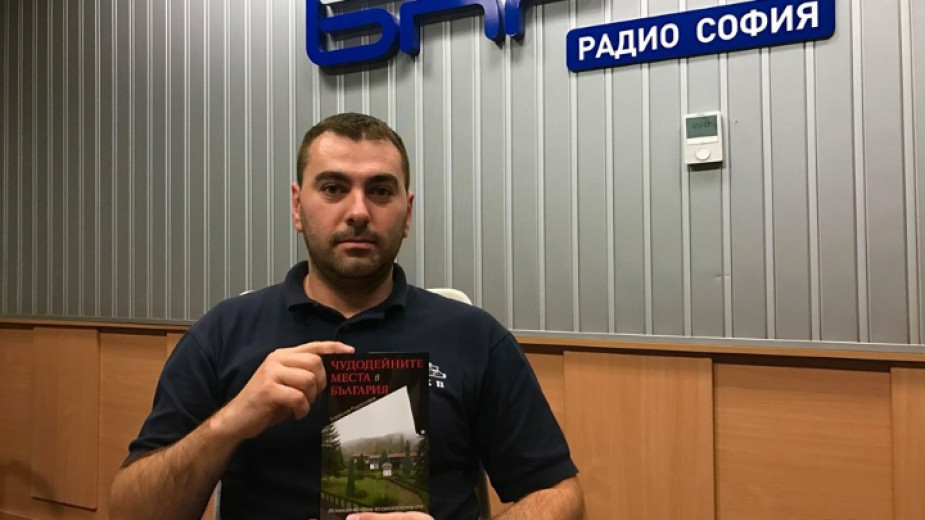The fight against the spread of the novel coronavirus around the world has imposed necessary changes in people's daily lives as well as in rituals and the way the Christian world celebrates the Resurrection of Christ.
Despite the state of emergency, which lasts until May 13, Orthodox churches in Bulgaria are open both during the Holy Week and on Easter. Services must be conducted with strict safety measures in place as to prevent mass gatherings of people.

A Radio Bulgaria poll has showed that despite of being tired and worried about the future after the end of the pandemic, Resurrection will brighten up souls and homes of Bulgarians, although celebrations this year will be more moderate.
"It will be different in churches as probably there would be fewer people, but I think it's not a bad idea to go and light a candle in front of the icons and celebrate this wonderful holiday, observing all safety measures,” journalist Borislav Radoslavov says. “People could also pray in front of the icon at home, as we were advised.”

According to him, at the backdrop of all negative effects, the coronavirus epidemic has also had positive effects on some people:
"I hear more people talking about God, faith, and humility. I wish this would continue after the end of the epidemic."
Entrepreneur Mihaela Stoykova sees an opportunity for change when the virus crisis is over:
"I think that the current situation can give us many positive effects, such as making us more united and paying much more attention to the really important things in life that no one can take away from you – help from family and friends and believing in good."
Speaking about the holiday, Mihaela, who is a Protestant, calmly accepts the fact that she would spend it at home without attending church services. Since the beginning of the state of emergency, services have been conducted online.
"Despite the situation, I will celebrate Easter, as I always did," Antoaneta Yotova told Radio Bulgaria. "I will comply with advice and I will not go to church, but I will gather with three or four people and we would have dyed eggs and kozunak."
Her attitude to faith and God remains unchanged by the pandemic, but she hopes that those who were used to denying God and the possibility of saving our souls would change their worldview.
The extraordinary measures and uncertainty that accompanies this year's Easter create discomfort for some citizens:
"I am a person who follows traditions," says interpreter Diana Dimitrova. "My family gathers on Easter; we go to church and have lunch together and I will definitely miss it, but I would not experience it as some trauma because we just need to put up with the situation.”
Diana and her husband were used to celebrating the Resurrection of Christ together with their daughter, who has been living in Germany, but because of the isolation and travel bans, this year they will be together only online. Such online meetings will be part of the festive atmosphere in thousands of other Bulgarian homes.
English: Alexander Markov
Photos: BTA and Luiza LazarovaFertility Europe , the pan-European organization that represents patient associations focused on infertility issues, has announced the start of the 9 th European Fertility Week 2025, 3-9 November. The campaign is taking place throughout Europe..
Today, in the Radio Bulgaria studio, we welcomed Helmut Matt – a writer, radio journalist and poet, who has maintained a special connection with Bulgaria for many years. In his book "Bulgarian Impressions" and in his numerous radio broadcasts, he..
On November 8 in Hall 11 of the National Palace of Culture, Bulgaria’s best masters and artisans will be awarded for the third time. The founder and driving force behind the “Creator of the Year” initiative is Nikolay Traykov, who visited “Radio..
Under the motto "Responsibility, Unity and Security" on November 5 and 6, 2025, a German-Bulgarian seminar for journalists and public..
The European Commission praise s Montenegro’s progress toward EU membership North Macedonia needs decisive action and reforms to begin..
In the summer of 2014, photographer Philippe Bazin and philosopher Christiane Vollaire traveled around Bulgaria, investigating a series..

+359 2 9336 661
